This book provides a picture of the Telugu cinema, as both industry and cultural form, over fifty formative years. It argues that films are directly related both to the prominence of an elite which dominates Andhra Pradesh and other parts of India, and to the emergence of a new idiom of mass politics.
Looking in particular at the career of Andhra Pradesh s best-known film star Nandamuri Taraka Rama Rao (NTR), S.V. Srinivas reveals how the Telugu cinema redefined ideas of linguistic identity and community feeling within a non-literate public in South India. Dissecting NTR s remarkable election campaign of 1982 3, he shows processes of political transformation and electoral mobilization via film, newspapers, and audio cassettes. He uncovers the complicated ways in which Indian politics can be linked with movie-going and, more broadly, cultural consumption. Cinematic and political performance are shown to be inextricably connected in ways disctinctively Indian.
NTR and the Telugu cinema, Srinivas argues, have shaped important aspects of Indian political and cultural modernity. Their legacies continue into the present time when film has yielded pride of place to television, when the future of Andhra Pradesh s statehood is unclear, and when Indian star-politicians no longer feel certain of success in the quest for power.

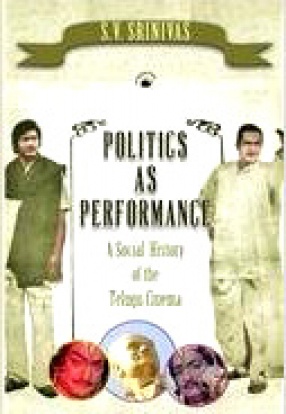
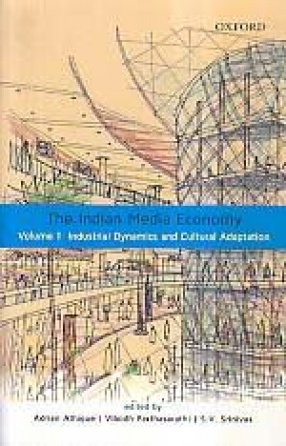
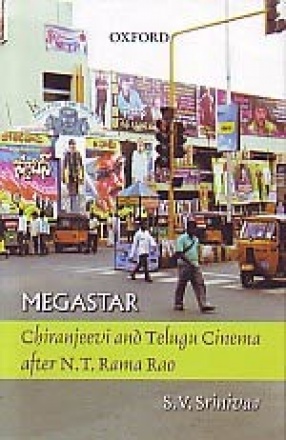
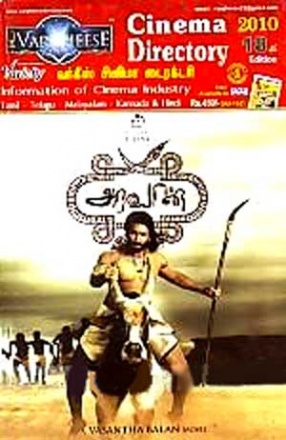

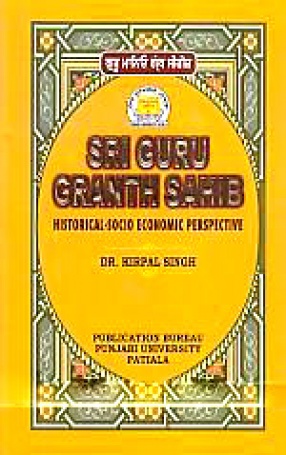
There are no reviews yet.